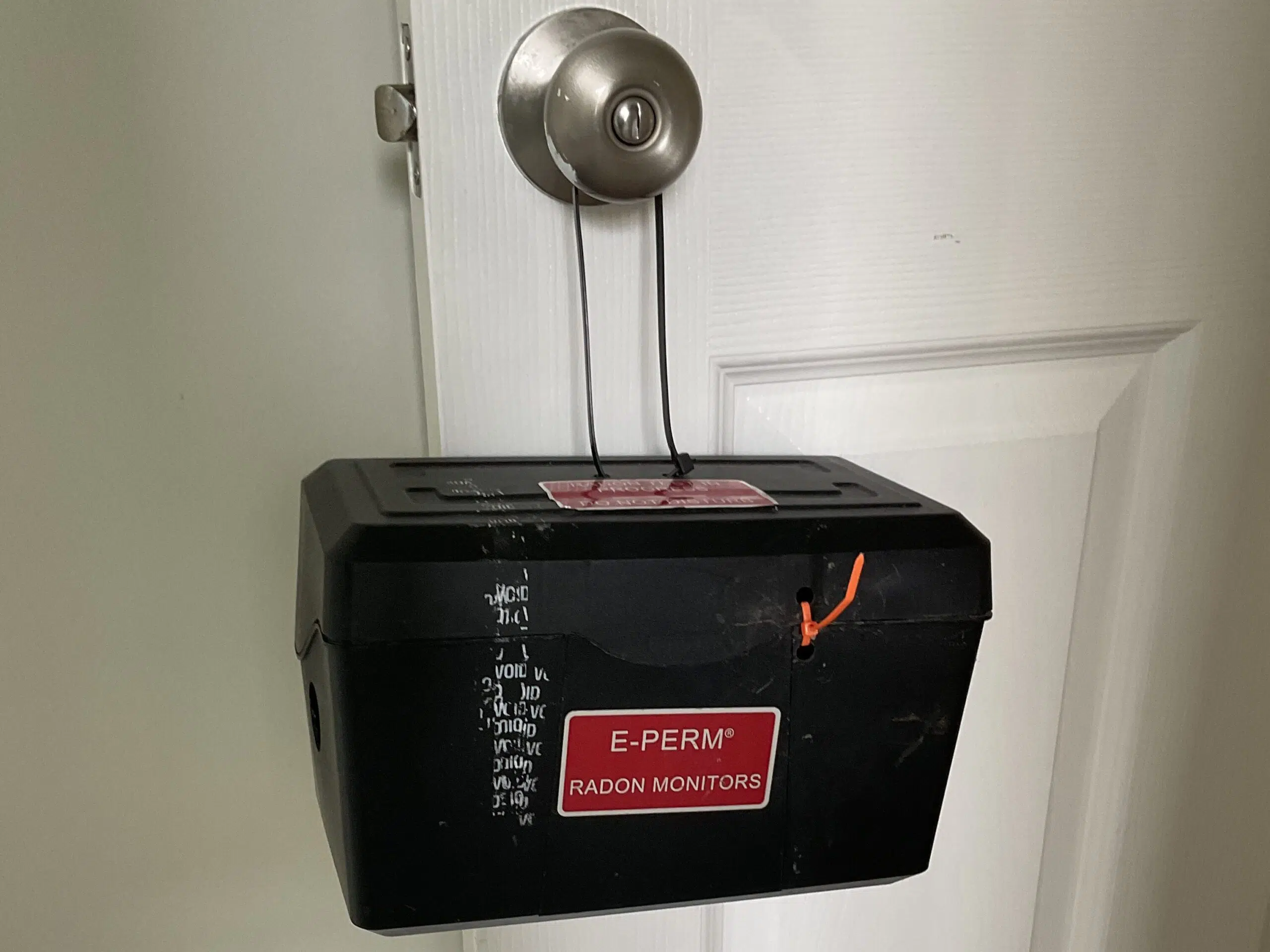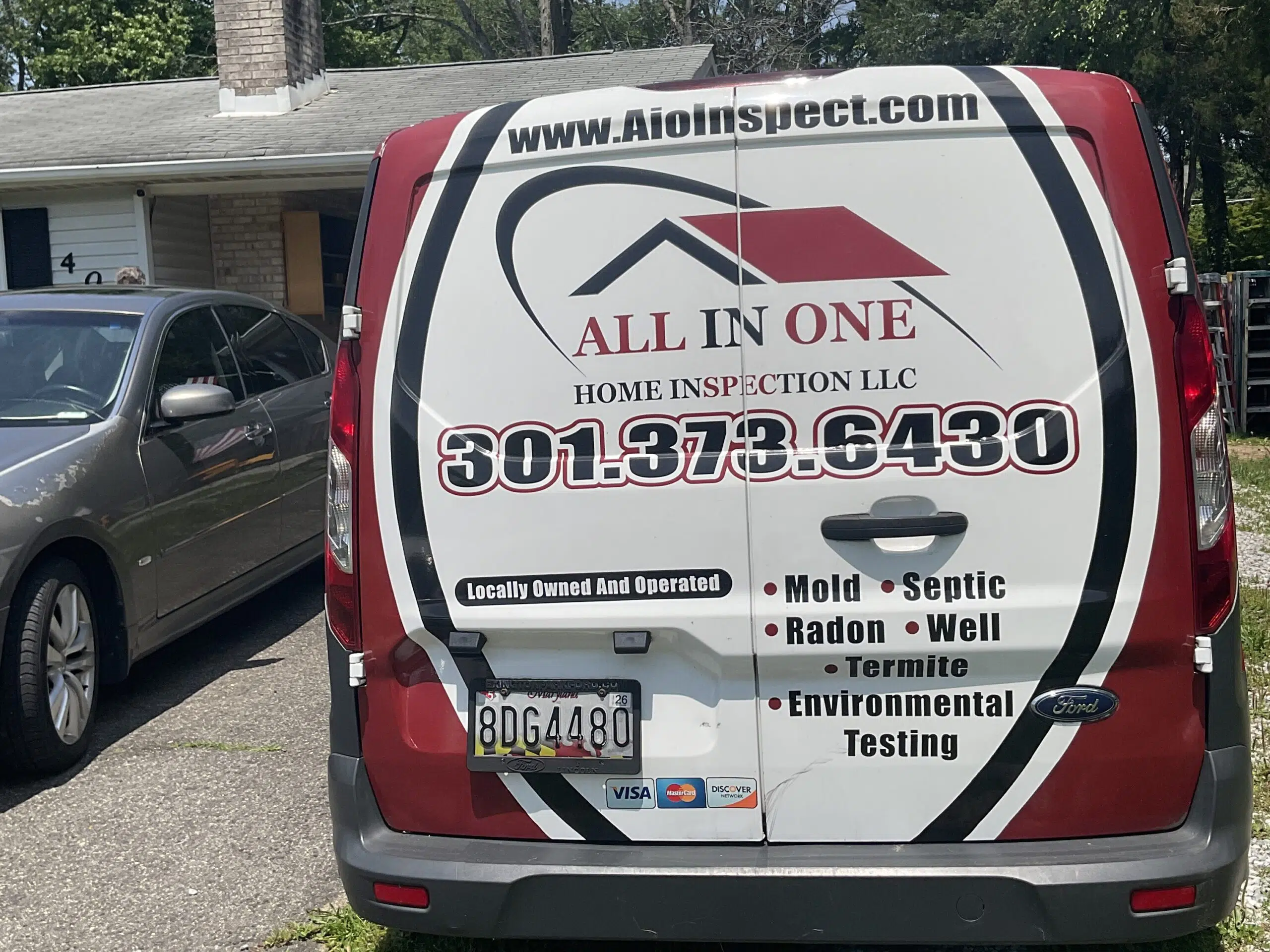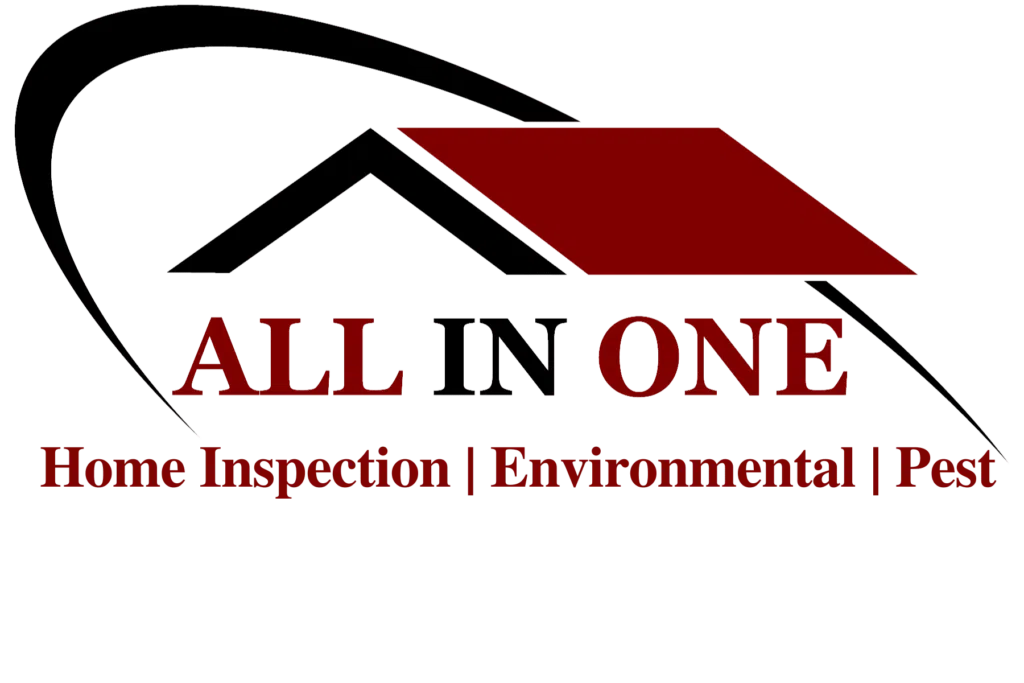Choosing the right home inspector in the DMV
So, you’re navigating the fast-paced, competitive real estate market of the DMV. You’ve found a place that could be the one – maybe it’s a classic D.C. row home, a stately brick colonial in Northern Virginia, or a modern build in a bustling Maryland suburb. Congratulations! This is a huge step. But before you sign on the dotted line, there’s one more crucial professional you need in your corner: a top-notch home inspector in the DMV.
Choosing a home inspector in the DMV (D.C., Maryland, and Virginia) area isn’t just about finding someone with a clipboard and a flashlight. It’s about finding a local expert who understands the unique character, quirks, and challenges of homes in our region. From the historic brick of Capitol Hill to the newer developments in Loudoun County, each property has a story to tell. A great home inspector helps you read every page.
At All In One Home Inspection, we’re not just inspectors; we’re your neighbors. We’ve been in the attics of Alexandria, the basements of Bethesda, and the crawl spaces of Columbia. We’ve seen it all, and we want to empower you to make a confident and informed decision about buying a home. Here’s our insider guide to choosing the right home inspector in the DMV.
1. Look for a Certified and Licensed Professional (and Know the Difference in the DMV!)
The DMV is a unique area, and so are its regulations for home inspectors. It’s not a one-size-fits-all situation, so you need to know what to look for:
- In Maryland:
The state has your back. Maryland requires home inspectors to be licensed, which involves completing 72 hours of on-site training, passing the National Home Inspector Examination (NHIE), and carrying at least $150,000 in general liability insurance. When you hire a licensed Maryland inspector, you know they’ve met a solid benchmark of knowledge and accountability. - In Virginia:
The Commonwealth also has robust requirements. A Virginia-certified home inspector must complete a rigorous combination of coursework and hands-on experience (either a 70-hour course and 25 supervised inspections or a 35-hour course and 50 supervised inspections), pass the NHIE, and maintain a minimum of $250,000 in general liability insurance. - In Washington, D.C.:
This is where it gets tricky. The District of Columbia does not currently have a specific licensing requirement for home inspectors. This makes it even more important for you to do your due diligence. You should look for an inspector who holds certifications from reputable national organizations, such as the International Association of Certified Home Inspectors (InterNACHI) or the American Society of Home Inspectors (ASHI). These organizations have their strict standards of practice and continuing education requirements.
Our Advice: Don’t be shy! Ask your potential inspector for their license and certification numbers. A true professional will be proud to share them. At All In One Home Inspection, we are fully licensed in both Maryland and Virginia, and certified by InterNACHI, so you can be confident in our qualifications, regardless of where your dream home is located.
2. Experience Matters, Especially with the DMV’s Diverse Housing Stock
From pre-war apartment buildings in D.C. to sprawling single-family homes in Fairfax County, the DMV has it all. You want a home inspector in the DMV who has seen it all, too. An experienced inspector will know to look for:
- Historic Home Quirks:
Older homes in areas like Old Town Alexandria, Georgetown, or Frederick possess immense charm. Still, they can also conceal issues such as outdated knob-and-tube wiring, deteriorating cast-iron plumbing, or foundations constructed from local stone that require a specialized eye. - The Trouble with Brick:
Many DMV homes feature beautiful brick exteriors. However, a common issue we see is improper repointing—using the wrong type of mortar for historic brick, which can cause the bricks to degrade. An experienced inspector can spot this costly mistake. - Foundation and Water Issues:
The clay-rich soil common in much of Maryland and D.C. can wreak havoc on foundations. This soil expands when wet and shrinks when dry, leading to settling, cracks, and water intrusion. We always pay close attention to grading, downspouts, and any signs of moisture in the basement or crawl space. - Pest Problems:
Termites and other wood-destroying organisms are a fact of life in our humid climate. Ask if your inspector is also licensed to perform a Wood-Destroying Insect (WDI) inspection, which is often required for mortgages.
Our Advice: Ask your home inspector in the DMV about their experience with homes of a similar age and style to the one you’re considering. Request a sample report so you can review their work firsthand.
3. The More They Inspect, the Better for You: Ancillary Services
A home is more than just its structure. Environmental hazards can pose a risk to your family’s health and lead to expensive remediation down the road. A great home inspection company (or home inspector) can be your one-stop shop for these crucial tests:

- Radon Testing:
Radon is a naturally occurring radioactive gas that is a known health risk. The DMV is located in a region with variable radon levels, and the EPA recommends testing for radon in all homes. - Mold Testing:
Our humid summers can create the perfect breeding ground for mold, especially in basements, attics, and bathrooms. If your inspector notes a musty smell or signs of water damage, a mold test is a wise investment. - Sewer Scopes:
For older homes, in particular, a sewer scope can identify cracks, blockages, or tree root intrusion in the main sewer line – a repair that can cost thousands of dollars.
Our Advice: Choosing a company (or home inspector) that offers these ancillary services can save you time, money, and the headache of coordinating multiple appointments. At All In One, we offer a full suite of services, including radon testing, mold assessment, and more.
4. The Inspection and the Report: Your Keys to the Property
The home inspection itself should be a thorough, top-to-bottom evaluation of the property. You should absolutely plan to attend the inspection, or at least the last portion of it. This is your chance to walk through the home with a professional, ask questions, and see any issues firsthand.
After the inspection, you’ll receive a detailed report. A good report will be:
- Comprehensive:
It should cover everything from the roof to the foundation, including the electrical, plumbing, and HVAC systems. - Straightforward and Easy to Understand:
It should use plain language, not technical jargon, to explain any issues. - Illustrated with Photos:
High-quality images are crucial for accurately documenting any issues and making them easily identifiable.
Our Advice: A home inspection report isn’t a “pass” or “fail” grade. It’s a roadmap to your new home, highlighting its strengths and areas that may need attention. We take the time to walk you through our findings, answer your questions, and provide context so you can move forward with confidence.
Your Trusted Partner in the DMV Home Buying Journey
Choosing a home inspector in the DMV is one of the most important decisions you’ll make as a homebuyer. In a market as complex as the DMV, you need more than just an inspector – you need a trusted partner.

At All In One Home Inspection, we are committed to providing you with the expertise, authority, and trustworthiness you deserve. We combine our deep knowledge of local construction and conditions with a commitment to clear communication and exceptional customer service.
Ready to take the next step? Contact us today to schedule with the best home inspection company and home inspector in the DMV, and let us help you make your dream of homeownership in the DMV a reality.
